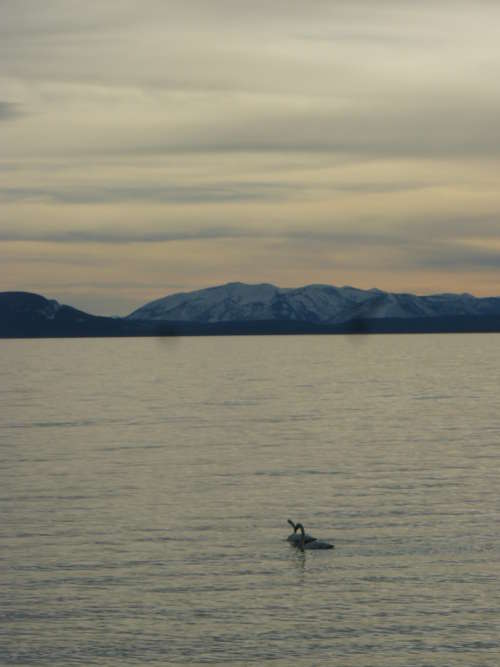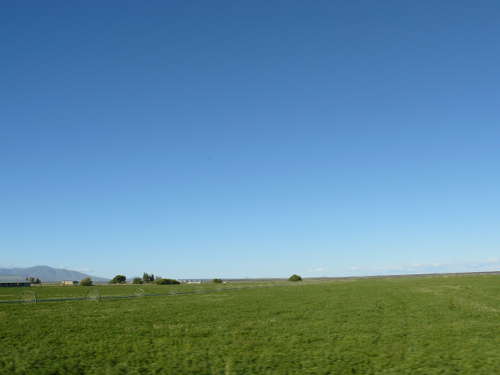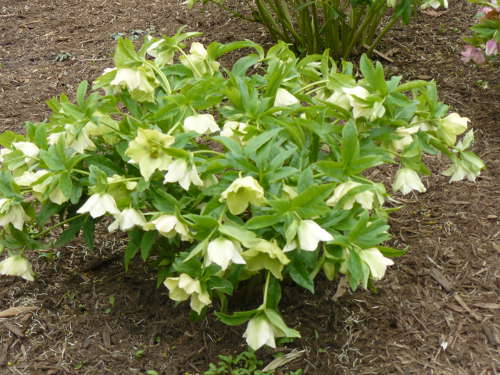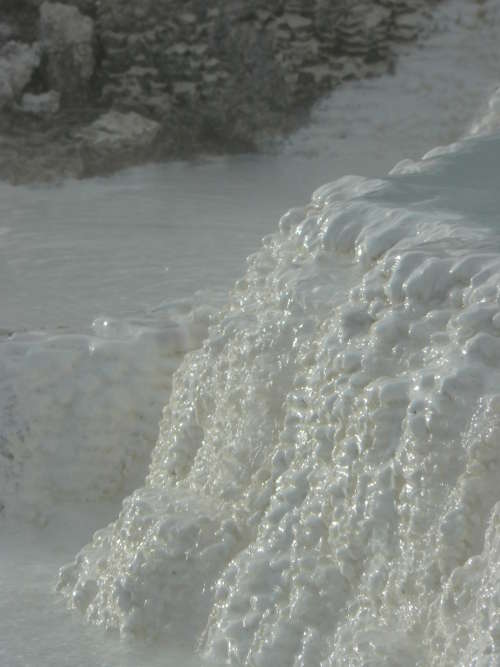 Location Taken: Yellowstone National Park
Location Taken: Yellowstone National Park
Time Taken: October 2012
Sometimes my brain gets stuck on the oddest thoughts.
Why do so many languages have gendered words?
English actually has fairly few, though we do lack a gender-neutral form for he/she that isn’t also a plural form. But the two other languages I’ve studied have some of this phenomena.
French, for instance, has assigned every noun to be either masculine or feminine. There are two forms of the equivalent of, let’s say, “the swan”. “Le cygne” if it’s masculine, “La cygne” if feminine. If you’re wondering, it’s a masculine word. This gender split is pervasive, and actually affects how native speakers view the objects their gendered words describe.
Japanese, on the hand, has an odd split in how they say the equivalent of “I”. For one thing, there’s about ten different words for it, all used in different circumstances of relationship and formality. Three of them, interestingly enough, are almost exclusively used by men to refer to themselves. “Boku” is used by boys and young men, “Ore” is an almost crude form used by tough guys and men talking amongst themselves, and “Washi” is a form used by old men who slur their words a bit more. (It’s a variant on the most generic form, “Watashi”.) And there is no version of “I” only for women to balance things out, though several have picked up feminine tinges purely because women use them where men would use “Boku” or “Ore”.
What really puzzles me, though, is why these words exist in the first place?! Why did some proto-french speakers decide to designate every single thing as male or female, no matter if gender even applies in the slightest?! Why does Japan need so many ways to describe yourself, and why have some purely for men?!
I suppose some of these quirks are oddities left over from older word usage. “Boku”, for instance, comes from a word for manservant. Japanese also accepts referring to yourself in third person as a way to say “I”, so in some ways it’s similar to saying “Your humble servant will now leave your presence, master” in English. Carries about the same level of implied humility, oddly enough. And well, we humans have a strong tendency to split tasks and jobs between genders, so only men would really have used that form when it became solidified in the language.
Still have no clue as to why nouns need genders in French, though. I couldn’t find anything on it during my research attempts, though I did learn that it’s called Grammatical gender, and is found in around a fourth of the world’s languages. I really do wonder about the historical path to this strange grammar, though. I wonder if anyone’s researched it.
After all, as so many high school language students lament, why does it really matter if we properly pretend all swans are male?!
 Location Taken: Snake River Valley, Idaho
Location Taken: Snake River Valley, Idaho



